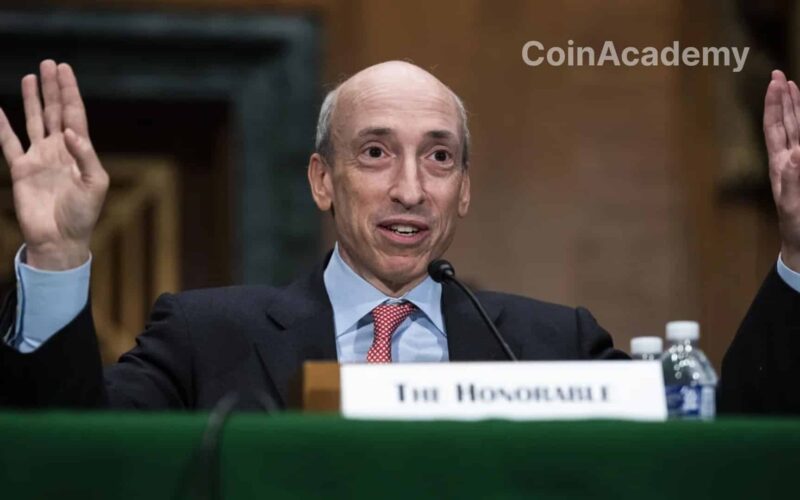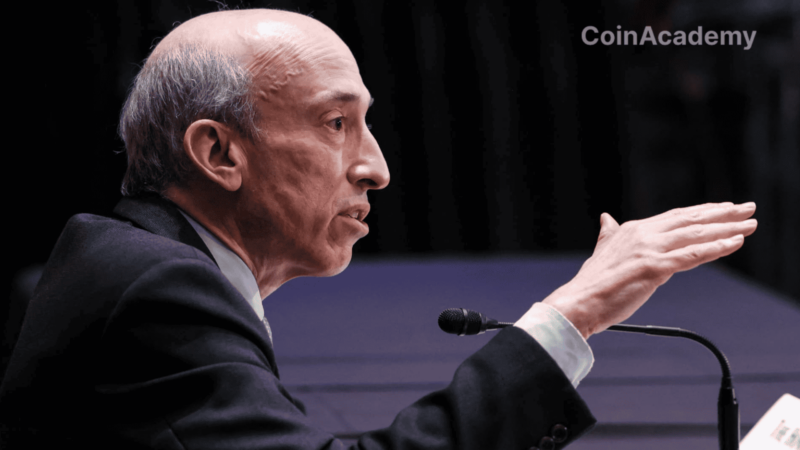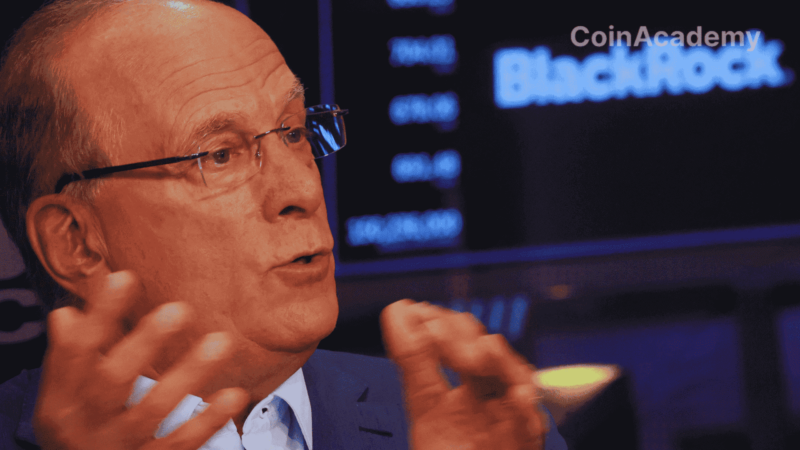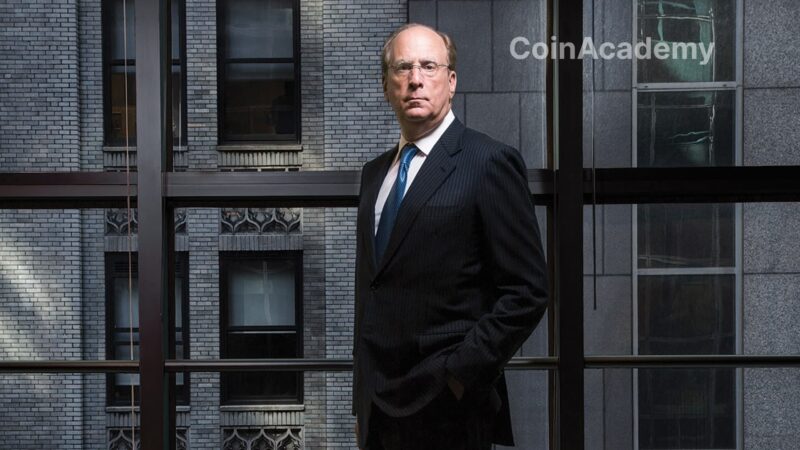A Surprising Request: Coinbase Persuaded to Abandon Its Efforts to Obtain Gary Gensler’s Personal Communications
A federal judge has encouraged Coinbase to either abandon or substantially modify its efforts to obtain the personal communications of Gary Gensler, Chairman of the United States Securities and Exchange Commission (SEC).
During a hearing on Thursday, Judge Katherine Polk Failla of the Southern District of New York expressed her surprise at Coinbase’s request. This hearing was scheduled after the SEC’s lawyers asked the judge to block Coinbase’s subpoena directed at Gensler.
Allow me to emphasize that the lawyers on both sides are very intelligent, very skilled, they are all very skilled people… but I was somewhat surprised and not in a good way. I found the arguments, at least as they are articulated in the July 3rd response, to be on the verge of ridiculous.
Judge Katherine Polk Failla
Points of View from the Judge
Judge Failla stated that she found Coinbase’s request surprising and even inappropriate. She specifically highlighted her astonishment regarding the relevance of the documents requested by Coinbase, especially those predating Gensler’s appointment as head of the SEC. She stated that the arguments put forward by Coinbase in their July 3rd response were, in her opinion, almost futile.
Arguments from Coinbase’s Lawyers
Kevin Schwartz, an attorney at Wachtell, Lipton, Rosen & Katz representing Coinbase, defended the relevance of Gensler’s communications to the case. He argued that the agency had refused to discuss the entirety of the documents that Coinbase might possess. Schwartz supported that Gensler’s communications, even those predating his tenure as SEC Chairman, were relevant in understanding the agency’s position on digital assets.
SEC’s Response and Future Proceedings
Jorge Tenreiro, senior counsel for the SEC, contested the relevance of Gensler’s communications before his presidency. He emphasized that Gensler was neither a factual witness nor an expert in this case, and that his subpoena could establish a concerning precedent for future cases. Tenreiro added that the SEC’s charges specifically concerned Coinbase’s actions, not Gensler’s private communications.
Towards the end of the hearing, Judge Failla invited both parties to collaborate on a briefing schedule. She suggested that Coinbase file a motion to compel, thereby allowing for a more formal and detailed process. Despite her ‘strong opinions’ on the relevance of Gensler’s statements prior to his assumption of office, the judge hinted that she still leaned towards the SEC’s position that Coinbase’s demands were inappropriate.
History of Coinbase’s Requests
In April, Coinbase initially requested the SEC to produce certain documents. In June, Coinbase informed the SEC of its intention to subpoena Gensler’s personal communications regarding cryptocurrencies, also covering a four-year period prior to his appointment as Chairman.
In a letter to the court on June 28th, the SEC deemed Coinbase’s request as an inappropriate intrusion into Gensler’s privacy. The SEC’s lawyers argued that any subpoena should be directed towards the agency itself, not its individual employees. They also highlighted the lack of relevance of the requested documents and the potential chilling effect on public service.
Coinbase’s attorneys maintained that Gensler’s personal communications were relevant as he is an influential regulator and often an academic commentator on the regulatory status of digital assets and exchanges. They argued that Gensler’s private statements on these subjects could provide valuable insight into the public’s and market participants’ understanding of securities laws’ requirements.




